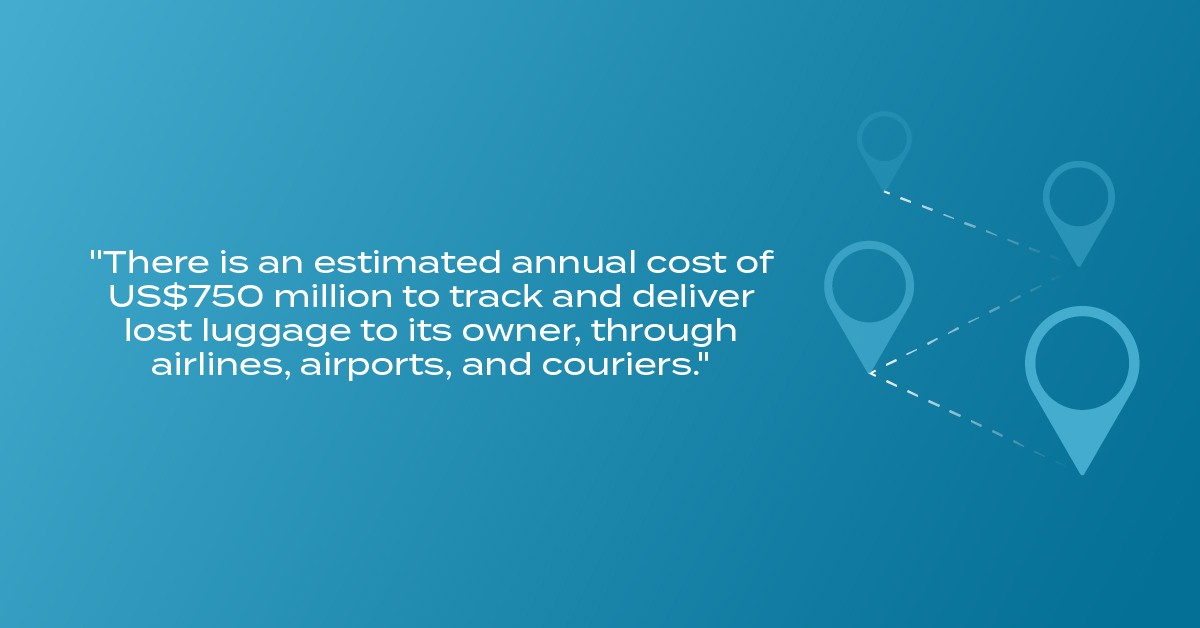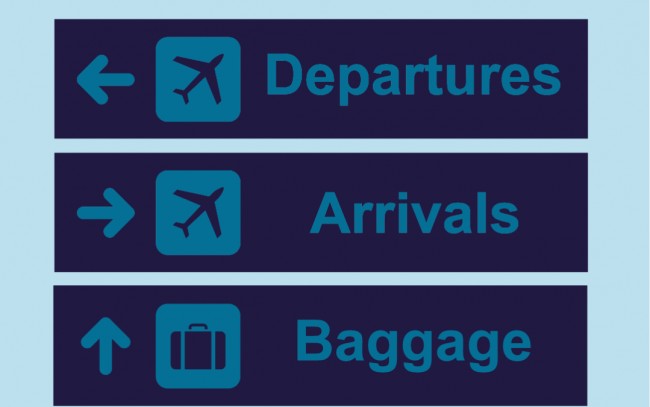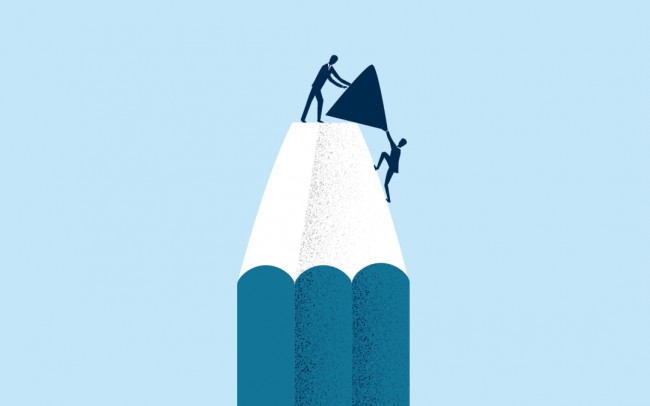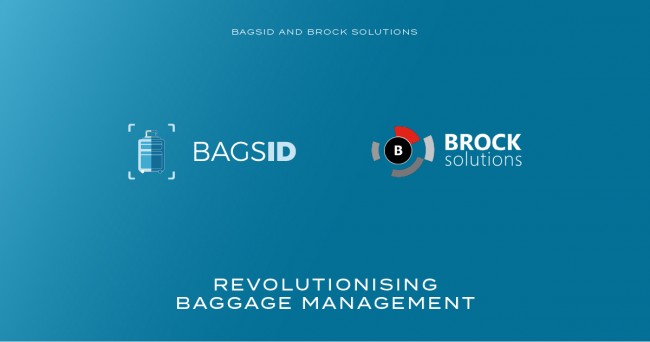25 October, 2023
The global travel industry is confronted with a challenge when it comes to lost luggage. Every year approximately $750 million is spent on tracking and delivering bags through a network of airports, airlines and courier services. This not only poses a burden but also leads to customer dissatisfaction and logistical complications. Thankfully advancements in technology in the fields of Artificial Intelligence (AI) and computer vision are on the horizon, to revolutionise baggage tracking by offering an efficient and cost effective solution.

Understanding the Issue
Lost baggage remains a problem in the travel industry. It occurs when a passengers checked bag is either misdirected, delayed or temporarily misplaced during transit. The process of locating and delivering these bags involves labour time consuming tasks such as sorting, scanning and rerouting. Not only does this process incur costs but it is also susceptible to human errors.
The Role of AI in Enhancing Baggage Tracking
Artificial Intelligence plays a role in improving baggage tracking through machine learning algorithms. By leveraging data AI models can identify potential issues in real time enabling airlines and airports to take proactive measures.
For example lets say an AI system detects signs that a bag might be sent to a place based on trends. In cases, it can initiate a routing process even before the bag ends up at the incorrect destination.
Furthermore AI powered systems have the ability to improve analytics. This helps airlines anticipate and address bottlenecks, in baggage handling ensuring a flow of luggage within airports and minimising the chances of misplacement.
Contribution of Computer Vision
Computer vision, which is a branch of AI, empowers machines to comprehend and interpret visual information from their surroundings. When it comes to tracking baggage, computer vision systems can be utilised at all stages of the handling process.
Automated Sorting; By utilising computer vision technology baggage handling facilities can automate the sorting procedure. Using cameras and sensors these systems can identify bags and accurately determine their intended destinations for routing.
Quality Control; With computer vision systems in place luggage can be scanned for any irregularities or defects. This ensures that bags are securely sealed and in condition for travel thereby reducing the chances of damage or mishandling.
Time Tracking; Positioned cameras throughout BHS systems offer video feeds of the baggage handling process. This allows staff members to keep an eye on the movement of bags and take action if any irregularities occur.
Benefits of Advanced Baggage Tracking Systems
Cost Effectiveness; By utilising AI and computer vision, the significant annual cost of $750 million related to lost luggage can be greatly reduced. Through analysis and real time monitoring fewer resources are required to locate and deliver bags.
Customer Experience; Ensuring timely and accurate baggage delivery is crucial for customer satisfaction. Enhanced tracking systems minimise instances of lost luggage ultimately enhancing the travel experience for passengers.
Enhanced Operational Efficiency; The integration of AI and computer vision automates the baggage handling process reducing reliance on labour and decreasing errors.
Conclusion
The incorporation of AI and computer vision into baggage tracking systems marks an advancement for the travel industry. By harnessing analytics, real time monitoring and automated sorting, airlines and airports can significantly alleviate the burden and operational inefficiencies associated with lost luggage. This not leads to cost savings but results in happier travellers who are more satisfied with their journey. With advancements, the future of baggage tracking holds great promise in providing a seamless and efficient experience, for passengers worldwide.
Related articles
Plane talking: Check-in and bag drop
27 September, 2021
As part of our series on the passenger journey we take a look at check-in and bag drop.
Fostering innovation
8 July, 2021
Innovation is the catalyst to business growth, both when starting up and to keeping your existing business profitable.
BagsID and Brock Solutions: Revolutionising Baggage Management
18 August, 2023
With increasing passenger volumes and evolving regulations, airports and airlines require innovative technologies to opt...



